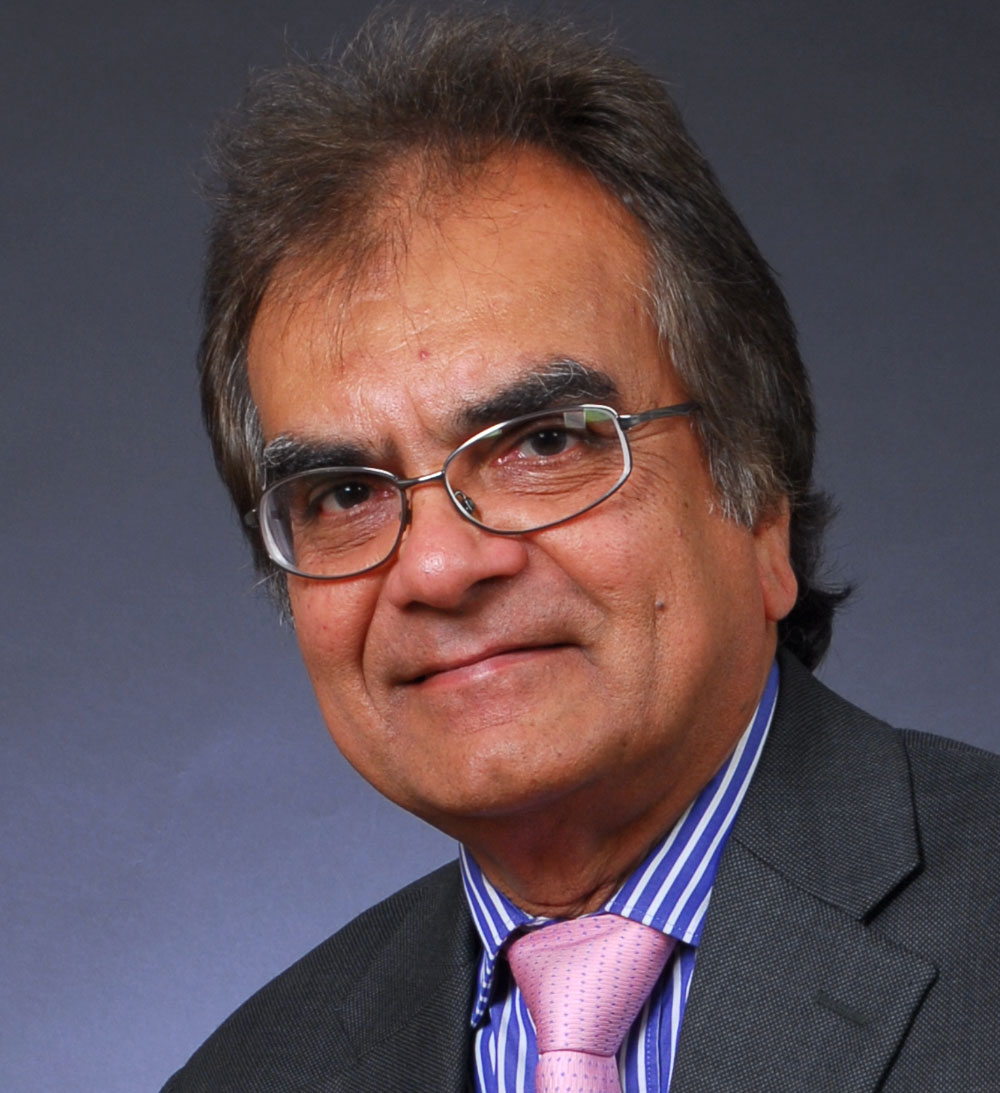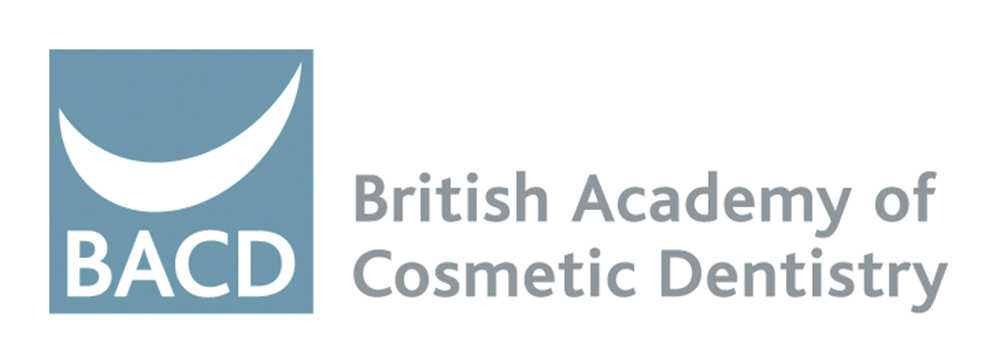The new face of the BACD Accreditation programme
Featured Products Promotional FeaturesPosted by: Dental Design 8th May 2022

The BACD Accreditation programme is a unique career pathway that gives dentists the chance to hone and demonstrate their skills in functional aesthetic dentistry. They must show an ability to diagnose, plan and execute aesthetic dentistry to a standard of excellence, and do so ethically and safely.
The British Academy of Cosmetic Dentistry (BACD) is proud to announce the relaunch of their Accreditation pathway, which has evolved to reflect real life clinical practice. Dr Arun Darbar, the Chair of Credentialling, a BACD board member and an Accredited member himself, shares some insight into what colleagues can expect.
Listening and improving
The BACD has listened to feedback from members and has made changes to ensure the programme is even more accessible with achievable goals. The Accreditation process has been updated and designed to be more attractive to most, if not all members. Arun comments:
“Our surveys and fact-finding missions have suggested that we needed to make some tweaks to the programme to keep up with current practising patterns.
“We listened to the membership and started this process of updating Accreditation.
It should now be easy for members to find many of the necessary case types in their everyday practice. They can demonstrate different difficulty levels and gain the appropriate points towards their Accreditation.”
Changes and additions
The new BACD Accreditation programme has undergone several changes, with three more case types added, a new points-based system implemented, and changes to the submission format. Arun says:
“The five original categories will be based on existing case types; smile makeover, indirect shade matching, tooth replacement, posterior restoration and complex composite bonding. The additional case types include periodontal plastic surgery, minimally-invasive techniques and complex whitening. Also, case type four – the posterior restorations – has been changed to a short case type.
“We have introduced a points-based system where the different submission formats, short case or full case, will be worth different points. In addition to these changes, the requirement for RAW format images has been updated and candidates may be asked for RAW files of completed case photographs only for greater convenience.”
Achievable for all
The updates further demonstrate to the profession that Accreditation is entirely achievable for all – it relates to what many do every day in practice. Arun highlights some of the main benefits:
“BACD Accredited status sets members apart and rewards them with a marketable achievement that can be demonstrated to their own patients, and used in practice promotions across various media.
“There are other benefits that come with this status, for example, priority in BACD media promotions and social events, recognition at the Annual Conference and even some discounted activities, amongst others.
“BACD Accreditation is suitable for anyone who has a love for beautiful, functional dentistry. It is for clinicians and laboratory technicians who want to routinely provide high quality dentistry. It is for those who recognise and accept the need for constant improvement and are prepared to push themselves to learn, implement and excel. The only ambition necessary is to want to do better all the time!
“The big question has always been: ‘why should I do BACD Accreditation?’, but it is now a question of ‘why not?’ I feel that the points-based system not only covers different case types, but also rewards other educational activities, so most BACD members will easily have some points to get them started. This could include having work published in a peer-reviewed journal, or presenting lectures and/or workshops at a BACD Conference or in study groups.
“It is now possible for any BACD full member to showcase their skills and get the recognition they deserve from their peers.”
Speaking from experience
Arun shares how the Accreditation programme has aided him in his own work:
“For me, Accreditation has been a journey that has set me up with a systematic approach, for example using a photographic set that allows me to constantly review, critique, plan and improve on my clinical outcomes.
“It allows me to engage fully with my patients. This patient participation is really the best clinical management tool for constant improvement and avoiding medicolegal issues.
“The skills gained working through the different case types, and others that followed on from them, have helped me achieve numerous clinically-based awards. This not only took my practice to the next level, but, importantly also engaged my team and lifted morale to cloud nine!”
By becoming an Accredited member, you’ll be able to demonstrate your competence to your patients and be recognised within the profession. So, why not get in touch with the BACD and start your Accreditation journey today?

For further enquiries about the British Academy of Cosmetic Dentistry visit www.bacd.com









